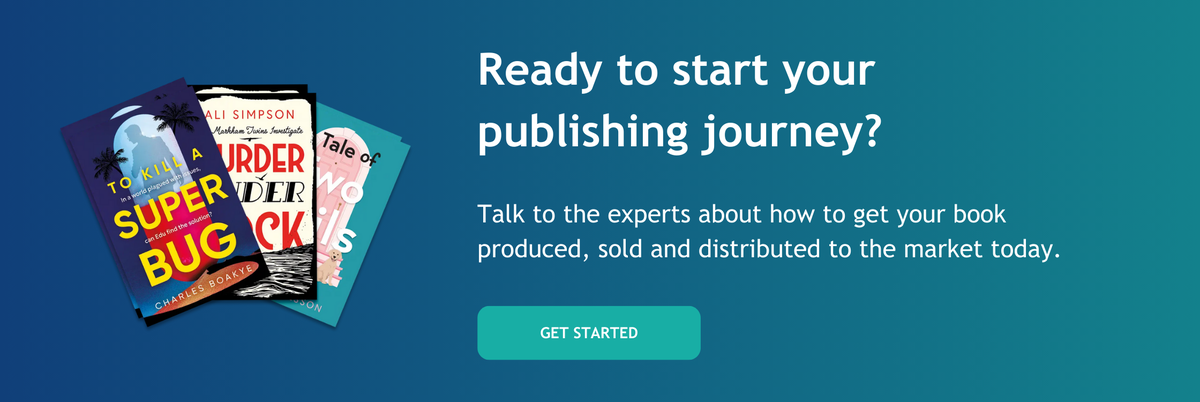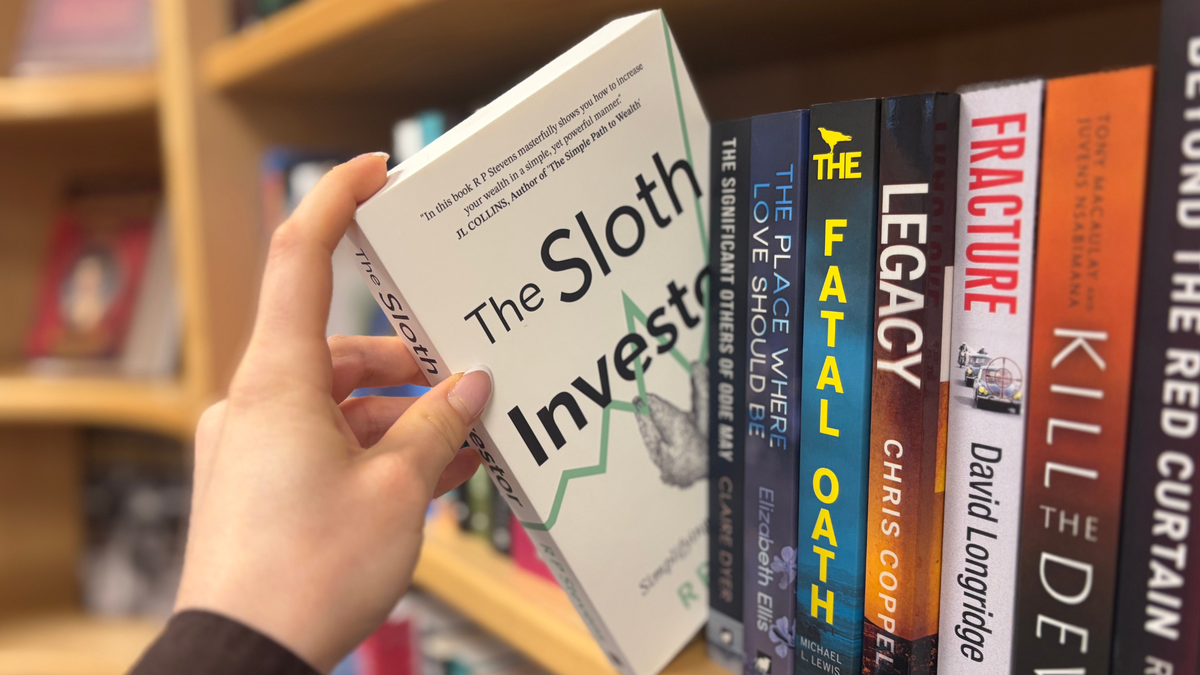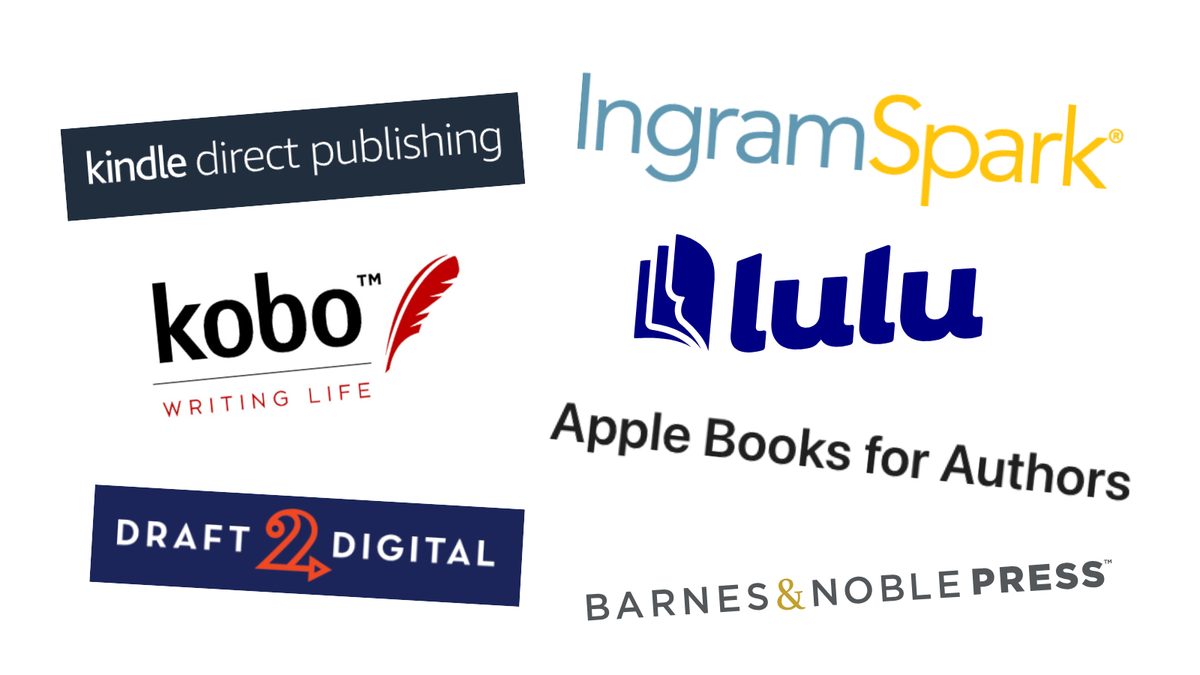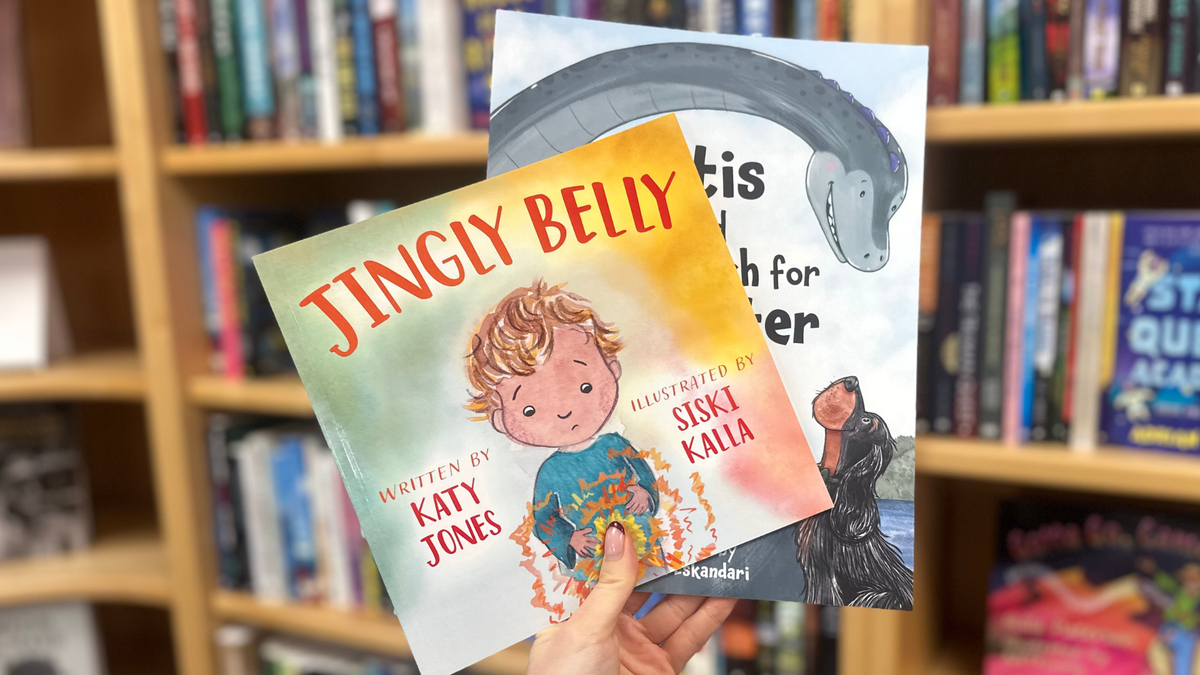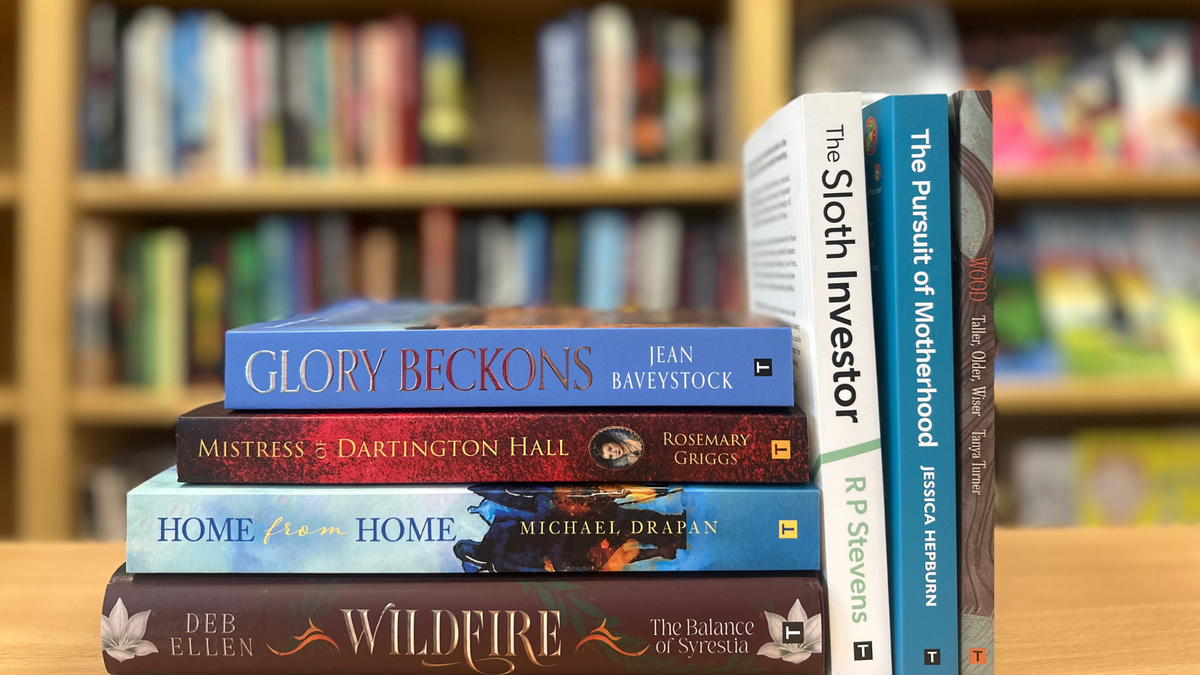
28th December, 2025
6 min read
Writing and Publishing Resolutions for Writers
Written by:
Troubador Publishing
Traditionally the new year is a good time to take stock and reset our hopes, dreams and goals. However, making a resolution and sticking to it can be hard. Forbes Magazine estimates that approx. Eighty per cent of New Year's Resolutions fail. So, here are OUR 5 top tips for succeeding with your writing and publishing goals in 2026.
- Use Goal Setting For Your Writing or Publishing Resolutions: Why do you write? For yourself? To relax and unwind? To be more creative? All important and valid reasons, but do you find yourself lacking the motivation to write? Being easily sidelined? Struggling to find the time? Or perhaps you had a great idea for a story and then found yourself losing impetus to capture that idea? Writing is hard. Writing and publishing a book requires dedication, discipline, and planning, so if your writing mojo has been set adrift, try setting a writing goal this January to bring your focus back to your writing. Goals in themselves only work if we give the endpoint some consideration. So for a writer, simply saying 'My goal is to finish and publish my novel' or 'By the end of the year I want to have sold 10,000 copies' is really too wide-ranging to be effective. Goals work best when they are achievable and set a forward path to keep us on track – and the concepts of SMART goals (often used in business) can be usefully applied to hobbies and dreams – especially writing – just as well as they can to a boardroom. Using this framework, the goals should be:
- Specific: clear and unambiguous.
- Measurable: the writing or publishing goal you set should allow you to track your progress. This is important for staying focussed.
- Attainable: your goal needs to be realistic. It's OK to dream big ('by the end of the year I want to have sold X copies') but use the goal to help break down the steps to get there. It's not going to happen unless you also look at the HOW. What do you need to do now to help you sell X number of copies? It's going to be a huge commitment of time, networking, visiting bookshops, hosting events, getting online reviews, and building an author brand– how can you make all of that happen by building it into a goal? And is this realistic?
- Relevant: If a goal does not align with your aims and values, you won't truly believe in it enough to see it through. Understanding why you write and publish will really help you to set better writing goals for 2026.
- Time-bound: all goals need a completion date. And a date too far in the future can be demotivating so maybe you need to set interim targets to work towards!
So, we can see that: 'I want to finish and publish my novel' is not a smart goal, but 'My goal is to write 20,000 words a month for 4 months so the first draft of my novel can be completed by May 2026' is – and gives you the pathway of how to get there. Alternatively, if you know that you want to publish your book in time for Christmas 2026, you will need to set yourself goals that acknowledge all the tasks that must be completed to reach that point. Setting a goal, keeping that goal front and centre, and using others to keep you accountable, is a better route to success than simply promising yourself that 2026 will be 'the year' that you finish and publish your book – in which case life is likely to once more get in the way. It might be that your goals are not around just starting or finishing a book but in developing your skills as a writer or publisher, in which case focus your goals around refining your skills, learning, and getting out to events, where budgets allow.
2. Practise and Learn
Every writer needs to practise their craft, this means writing regularly and seeking feedback on what you write. Writing can be solitary and personal and so sharing work for critique can be hard. But if you want to publish, in whatever format, the book will be available for anyone to buy, read and review, so get in the habit of sharing work and listening to feedback early on. A friendly crowd (family and friends) can be the first test bed for your writing, but as you gain confidence you will want to expand your beta readers to those who are more likely to give you in-depth feedback. There are organisations who can critique work or samples of your work for a fee, such as The Literary Consultancy but many local writing groups, or (if eligible) U3A groups encourage members to share work. Better to test the work before you publish! Another great way of honing your writing craft is to attend courses where you can speak with like-minded authors, connect with experts and focus on your writing with a fresh outlook. Jericho Writers offers all sorts of courses aimed at helping writers take their work to the next level.
3. Attend Events and Build A Network
As we've seen, writing can be solitary, and publishing can be a big undertaking, so get yourself a network of other writers who have been there and done that. Building a network means getting out and about to events, talks or on social media to start following and interacting with others. Some events about publishing and writing happening in 2026 include the Self-Publishing Conference later this year where you can attend plenty of sessions and talks about writing and publishing, learn from authors and network during lunches, and coffee breaks. We also recommend The Festival of Writing (York) as a good event for networking and meeting fellow writers and indie publishers.
4. Gain Publishing Knowledge
The events mentioned above are also excellent for gaining knowledge about all aspects of publishing. And our fourth tip is to make one of your writing and publishing resolutions gaining publishing knowledge. Having some understanding of what publishing your book involves will improve your writing and ensure you are producing a book that your audience wants to read. It's particularly useful to understand the stages of publishing – including the order things generally happen in, and the timelines involved to make sure you give your work the best possible start. The internet is an obvious starting point for resources about writing and publishing – but be aware that what is right for your book is not necessarily what is right for others, so know what you want to achieve with your writing and publishing resolutions. We run online and in-person Self-Publishing Experience Days which tell you everything you need to know about publishing with us but, importantly, will also give you a good framework for understanding all the stages in publishing a book, no matter how you choose to proceed.
5. Make Time to Write and Research
Finally, without giving yourself time to do all the above, your writing and publishing goals for 2026 won't get off the ground. Be honest about what is stopping you from writing. While we can all be very busy, finding just 30 minutes a day or even just a couple of hours a week – might be all that you need to get that book finished. So, turn off the TV, put down the smartphone, and stop watching the cute cat videos on YouTube. For many of us, the only way to write is to make it part of our routine so it becomes a habit. A habit is formed by a combination of craving (i.e., the motivation or desire to do something) without which we have no desire to act) coupled with rewards (how great we feel once we have done that activity). Giving into the craving to write and publish (to get the reward of finishing your book) seems like a goal worth manifesting for 2026!

